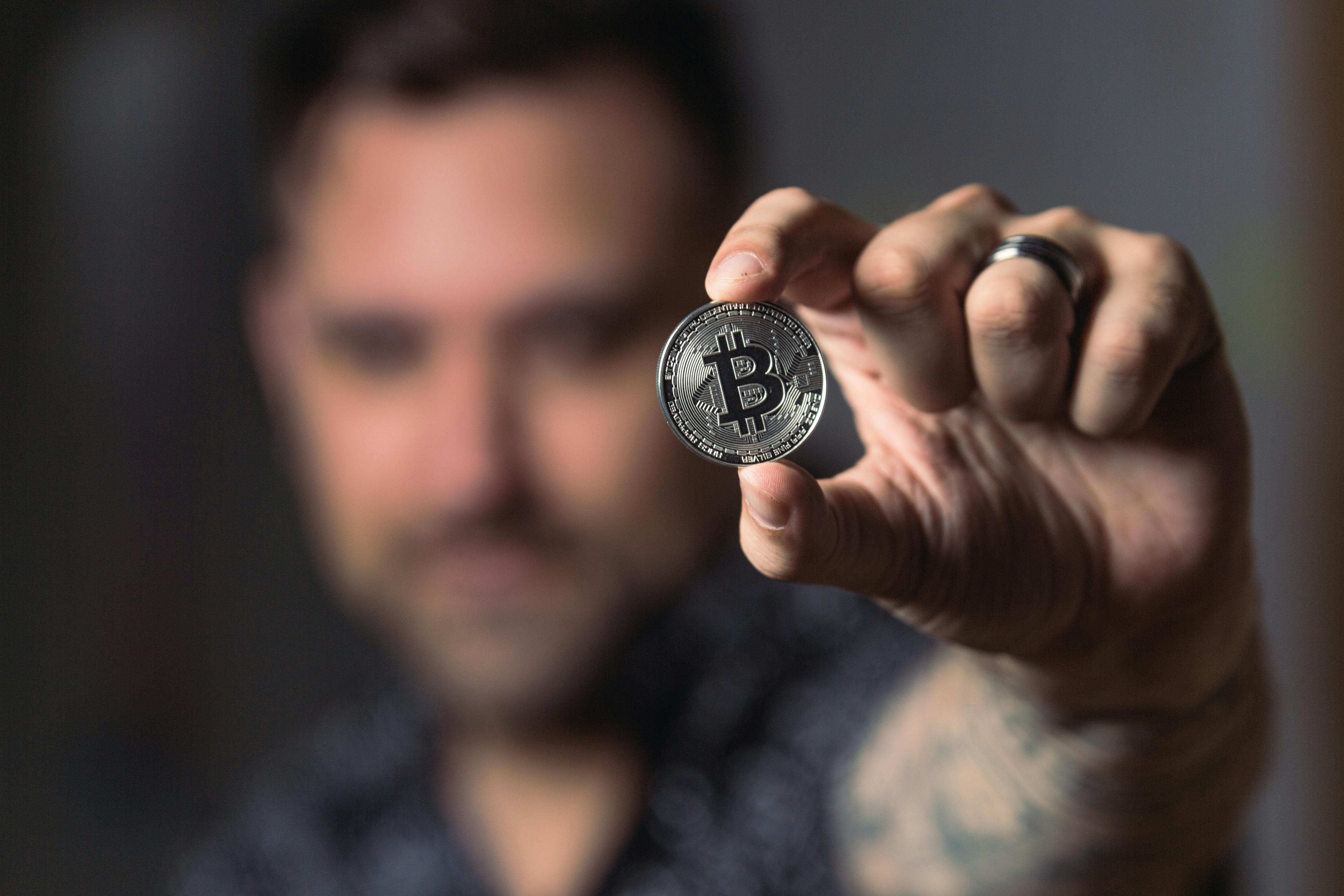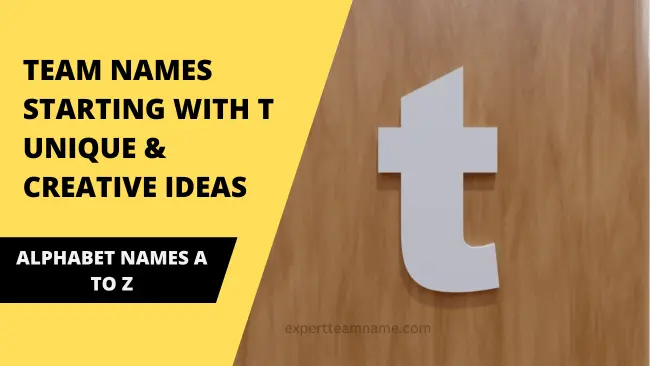The Bitcoin Buccaneers Just Won the Metaverse Cup – Are Virtual Teams the Future?

At the gaming, blockchain and fan-led spectacle, Metaverse Cup, this year, Bitcoin Buccaneers have become champions, taking home the title of one of the most talked-about tournaments in the history of competitive sports. As real-life sports teams engage in physical matches in stadiums, a new type of team is capturing the world’s attention, not on the grass or hardwood, but on the digital fields of the metaverse.
The Buccaneers: The team takes its name in honor of the world’s most iconic cryptocurrency and has now become the poster team of a new kind of decentralized, digitally native franchise. They do not belong to a city or a league, nor a nation-state. Rather, they are owned and funded by a decentralized autonomous organization (DAO), its players are avatars of users in the global community, and its fans delegate their voting power to decide on strategy with blockchain-based governance protocols.
With attention shifting to the last match broadcast via virtual worlds like Decentraland or The Sandbox, online conversations were also met with a 20 percent increase in bitcoin and crypto talk. Many spectators switched between the game streams and the bitcoin price live charts, highlighting the strong interconnection between the virtual financial and virtual athletic worlds. However, the greater question is whether this moment is just another fleeting trend in the sports and entertainment industry, or is it more of a paradigm shift?
A Digital Victory With Real-World Implications
The Metaverse Cup was not only a gaming competition, but also a combination of esports, cryptocurrency, and community economics. Bitcoin Buccaneers-type teams are not playing to win, but also because winning can enhance the value of assets linked to the team. Digital Player Cards, virtual merchandise and even in-game sponsorships engender a feedback mechanism of engagement and speculation.
This year, the Cup witnessed a record attendance for a virtual sporting event. The live elimination was watched by vast numbers of avatars, exceeding 2 million, in the finals, with tens of thousands possessing digital assets dependent on the outcome. Even weeks before, owners of the governance token for the Buccaneers had voted on the final lineup, replacing one of the major players with a replacement recommended by the community’s feelings and analysis.
Such influence of fans is revolutionary. The classical sporting format has been sternly designed top-down, i.e., team owners dictate, coaches plan, and fans spectate. Buccaneers, in turn, represent a bottom-up system where fans are included in decision-making and rewards are distributed on-chain.
The Newest Trend of Fandom in Sports
The current trend in participatory culture within teams, such as the Bitcoin Buccaneers, is what makes them rather special. The fans, with the help of the token ownership, are no longer spectators; they are stakeholders. They will be able to vote on the team colors, team starting lineups, and the point at which the particular team will play. It is a model that combines aspects of a sports club, a fantasy league, and a financial DAO.
This is not only appealing to gamers and the crypto-natives, but also to the typical sports fan interested in how sports fandom will look in the future. And although detractors argue that it is physically less exciting when there is no stake at all to win, the emotional stake and the economic gain keep the level of involvement relatively high. At the instant the Buccaneers won the game, virtual fireworks went off in the digital stadium, and the club’s governance token increased in value by 12 percent within several minutes.
Shouts took place in avatar-led marches, and Web3 social networking platforms monitored the responses. The NFTs sold exclusive items to mark the victory. The cerebral thing was virtual, but the adrenaline, togetherness, and party were so very real.
A Business Model Born in Web3
The model is compelling in terms of commercial relevance. Examples of such teams include the Bitcoin Buccaneers, which have low overhead costs, do not require physical offices, and generate revenue through online mediums that are inherently global. The revenue sources include NFT drops, token issuance, event sponsorship, and marketplace royalties, rather than gate revenues and concessions.
Such a change poses a threat to the conventional system of sports funding. Instead of operating behind exclusive broadcasting or regional licensing parties, virtual teams are open-minded. Anyone, anywhere, can be a fan, contributor, or even have a part ownership. The metaverse offers a form of radical access, as rights to sports are highly competitive and geographically locked in an age.
VCs and startups have taken care. The trends of the investment in virtual sports organizations are going towards an increase, and the media conglomerates are starting to broker the rights to stream Web3(natives) competitions. The size of the Metaverse Cup’s perception approached that of an average traditional tournament, with an intermediate level, indicating that the market’s nature remains to be achieved.
Are Virtual Teams the Future?
Although it is too soon to forecast the entire course, possibly, there is one thing that should be obvious: the paradigm is changing. The new generation socialized by games, cryptocurrencies, and collective ownership wants a different experience than sitting on the sidelines and being a spectator. They desire participation, authority, and bottom line.
It is exactly what virtual sports teams such as the Bitcoin Buccaneers provide. They are dynamic, involved, and are limitlessly extendable. The concept of being a partial owner of a team in the metaverse does not seem science fiction-like, as the world becomes increasingly digital-native, particularly among younger audiences.
The Metaverse Cup also signaled the beginning of a new era in sports, where being the owner, being yourself, and participating are all interconnected, in real-time, on a global scale.




